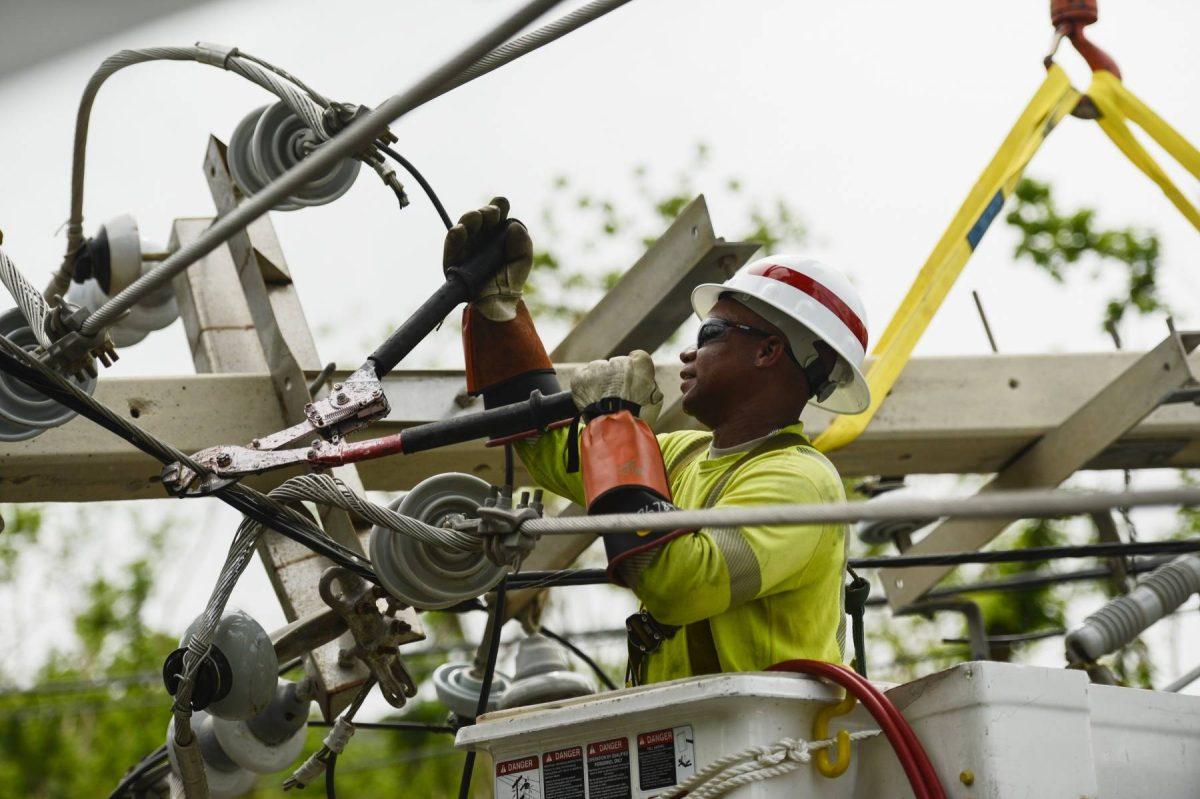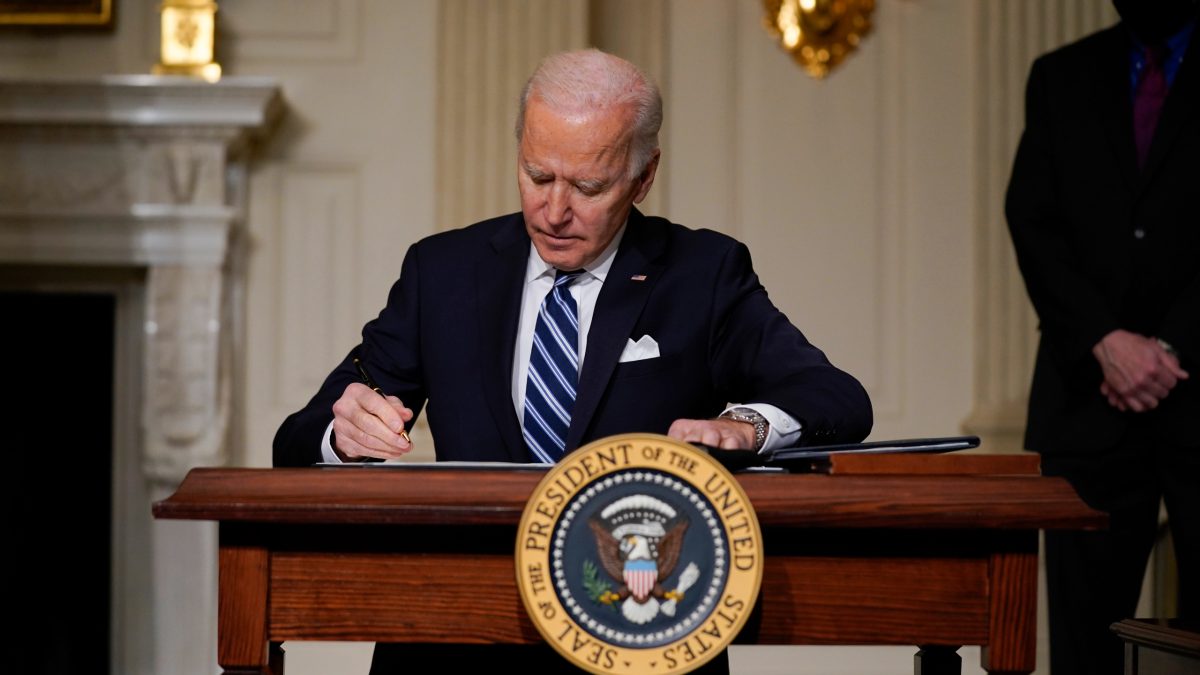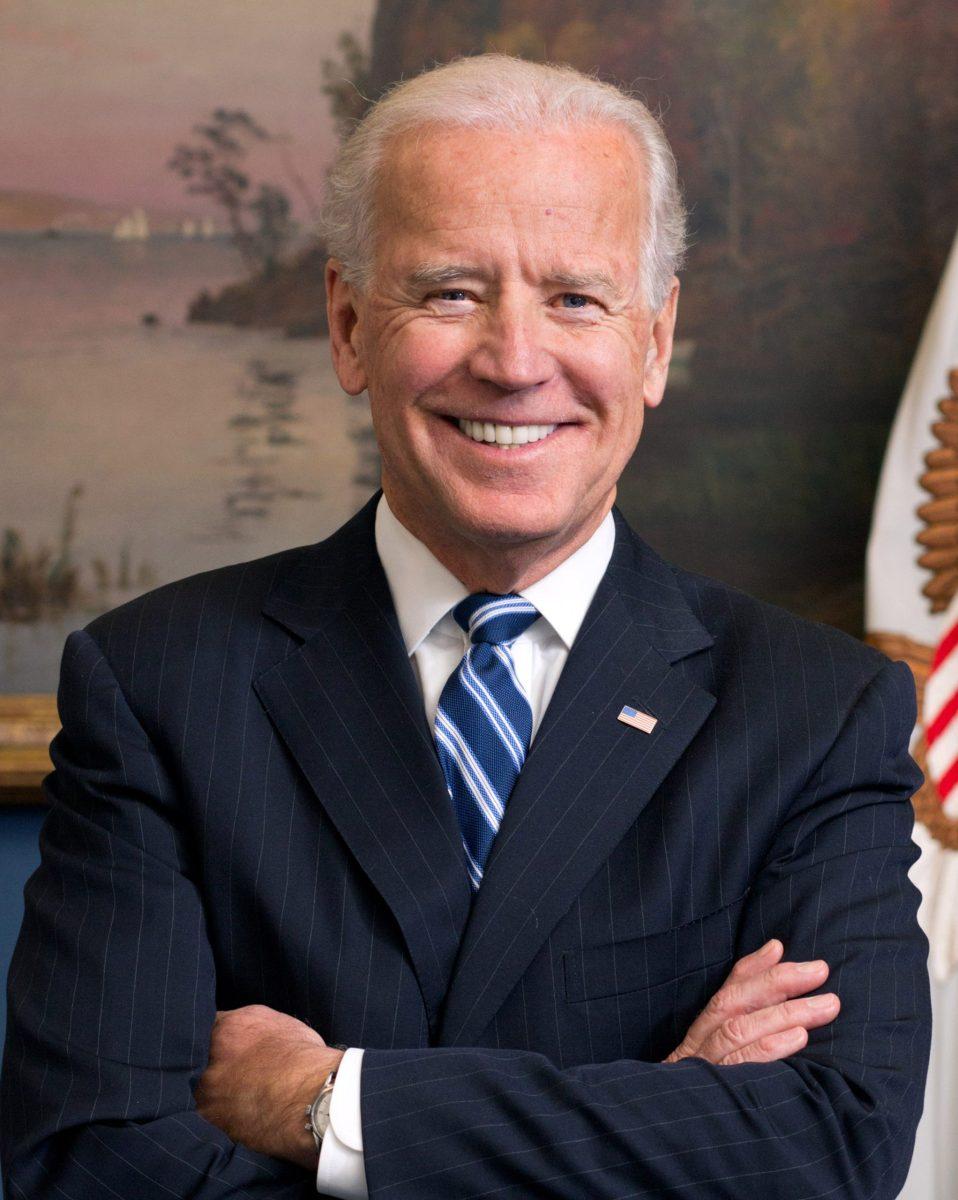On September 16, 2017 Hurricane Maria hit the island of Puerto Rico, leaving destruction in its wake. On August 14, the Puerto Rico Electric Power Authority reported that power was fully restored—almost 11 months since Hurricane Maria hit the United States territory. From September 20, 2017 on, 3.4 million residents were without power, accounting for the largest blackout in US history and the second largest in world history.
However, some residents dispute that claim. Jose Saldaña Jr., a resident of El Yunque National Forest, has yet see his power fully restored. Saldaña, who runs a small business with his parents, claims to have been without power since Hurricane Irma hit, weeks before Hurricane Maria landed. Saldaña reported that power had not been restored to the area due to conflicts between the Puerto Rico Electric Power Authority and the US Forest Service.
Forest supervisor Sharon Wallace claims the Puerto Rico Electric Power Authority has requested permission to install a new power line to the area—a lengthy process which can be circumvented by simply restoring power to the existing line.
Wallace remains hopeful that the two groups will agree on a deal stating that “We knew from the beginning we would be one of the last ones.” However, the residents of El Yunque remain in doubt.
The El Yunque National Forest is not the only area facing problems with power. Just hours after officials announced that residents had power, an outage struck almost 130,000 customers. Though power was quickly restored, blackouts are still a regular occurrence. The situation is stressful for many residents, especially in the midst of the Atlantic hurricane season, which began June 1 and will end on November 30.
No one knows why the Puerto Rico Electric Power Authority claimed full power restoration, but it would not be the first time information was incorrectly reported, be it purposely or otherwise. While the country of Puerto Rico has made significant repairs, many residents are still feeling the repercussions of Maria’s destruction. “It’s like they’ve forgotten us,” Saldaña said—and many more feel the same way.


































